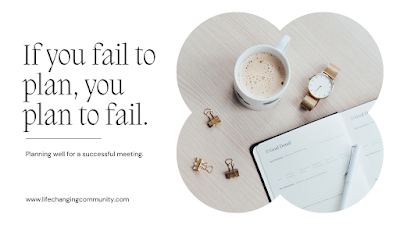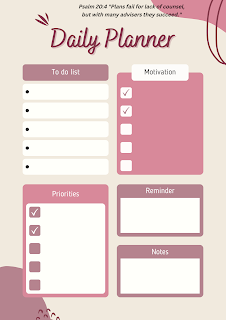So, you have an idea! That’s great. How do you execute this idea from simply that, an idea to an actual event?
When tasked with ensuring a successfully planned event, what are the first steps that you need to undertake?
Timeline and initial planning -
• What is the event for and who do you want to invite/expect? Will the event be open to the public, is registration required and is there a cost?
• What do you expect to achieve from this event,
• Budget and reporting - cost of event and costs to plan and execute event? How will you fund this event?
• Venue for the event (Risk Management and insurance, technical equipment required, staging of the event, security, permits (e.g. RSA),
• Date/s and time/s of event,
• Presenters and speakers – what is their availability and what needs do they have regarding accommodation, catering, transportation and health.
• Staffing requirements: will you have paid staff or volunteers, or a mixture? What crews are needed for planning, set-up, working through the event, and then pulling down/tidying up.
• Advertising (Print/social media/website) and invitations – printed/online/ticket sales/registration),
• Required travel and accommodation – is access easy to transport people or park vehicles, will people need to fly or drive, can they use public transport?
• Catering for the event (food and beverages).
Whilst there is much to be considered and undertaken, with some forethought and proficient follow-up and planning, a successful outcome can be obtained.
Firstly, set up a timeline leading up to the event itself. When is the event to be held – and what do you need to ensure that this will be a successful event?
As you will require funds to ensure a successful event, begin researching on costs of venue, catering, insurance, travel, advertising, staffing, registration, staging the event (how it is presented), technical equipment, cost of presenters/speakers, time needed for ensuring each person involved knows what their role is and how to undertake that role, etc.
Tip: Have a “Plan A” and a “Plan B”

















